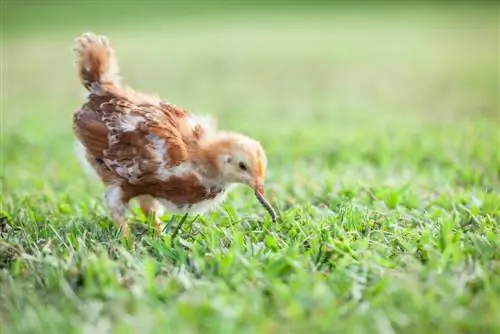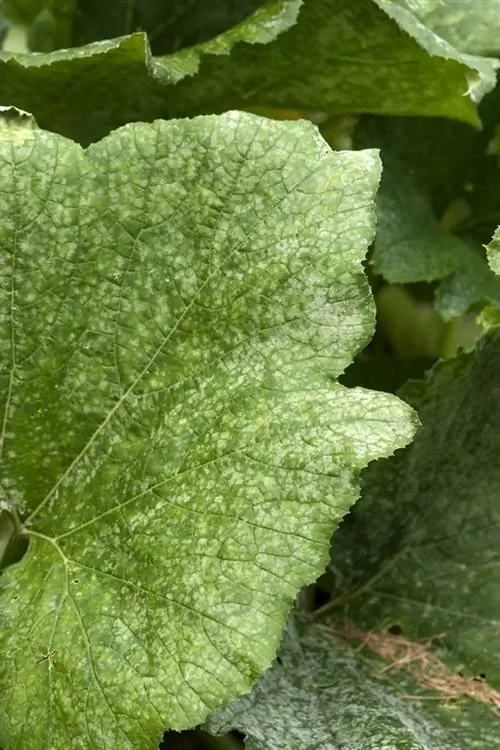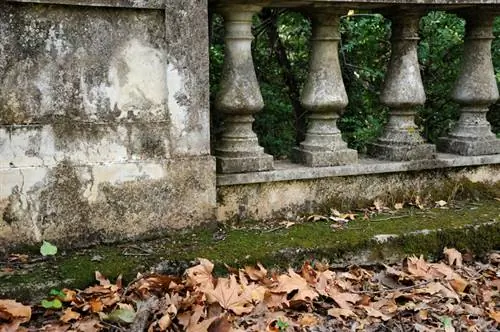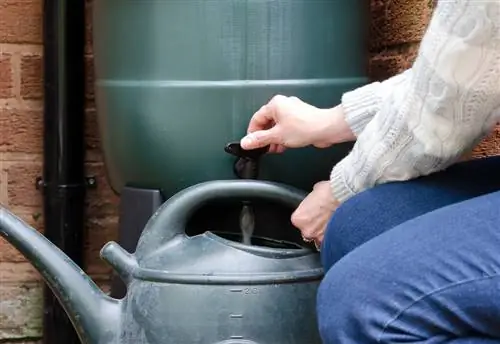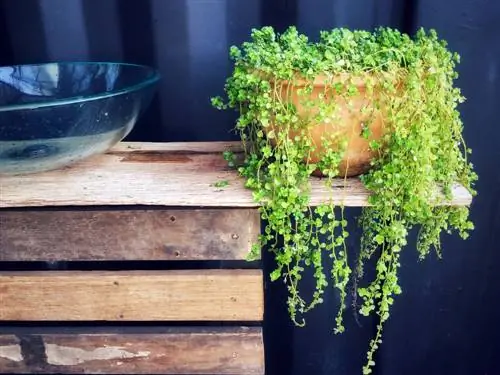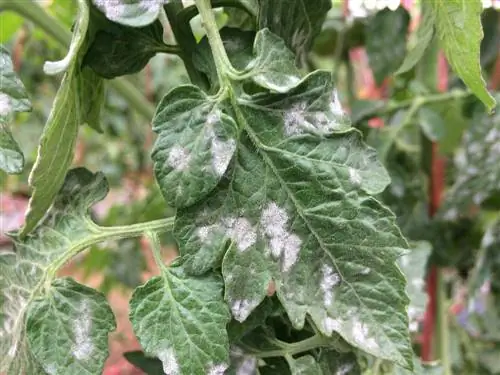- Author admin leonars@hobbygardeners.com.
- Public 2023-12-16 16:46.
- Last modified 2025-01-23 11:22.
Maggots are a troublesome topic for hobby gardeners. Especially when growing fruit, an infestation that recurs every year can be quite draining. In order not to use chemicals unnecessarily, alternative methods can be used. Luckily there are some of them.
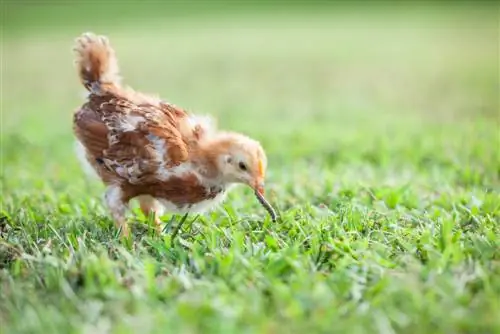
Which home remedies help against maggots in the garden?
In order to combat maggots in the garden without chemicals, affected plants and fruits should be consistently removed. In addition, natural predators such as parasitic wasps, ground beetles, free-roaming chickens or predatory nematodes can be used to effectively control the maggot population.
Which maggots cause damage in the garden
Maggots only refer to a certain type of insect larvae, namely those of the Diptera. This zoological order mainly includes some species of flies. Maggots have the following characteristics compared to other insect larvae:
- Complete lack of any limbs (caterpillars and grubs, for example, have legs)
- No head capsule
Maggots are completely naked and physically undeveloped, basically the most rudimentary form of all insect species.
Flies, which lay their eggs in the fruits of garden plants in this country and whose maggots are fatal to hobby gardeners, are primarily:
- the cherry fruit fly
- the cherry vinegar fly and
- the walnut fruit fly
The maggots that hatch from their eggs feed on the flesh of the host fruit, thereby largely spoiling it. Plants that are most commonly affected include sweet and sour cherries, raspberries and blackberries, plums or, in the case of walnut fruit flies, walnuts.
Simple remedies against maggots
Since the pests discussed here all have a very similar lifestyle, certain control methods can also be used across the board. All species have a one-year cycle and, with the exception of the cherry vinegar fly, overwinter as pupated maggots in the soil. When it comes to cherry vinegar flies, the adult insects overwinter in protected places.
Home remedies in the classic sense, i.e. ecologically uncritical substances that can be found in almost every household, are less important against maggots. In order to contain the population, it makes more sense to consistently remove them mechanically and let beneficial insects work for you.
Removing and collecting the fruits
In the event of an infestation, it is essential to remove all affected fruits from the tree/bush and the ground and dispose of them in organic waste.
Parasitic wasps
Parasitic wasps are effective fly killers. Their targeted use can definitely reduce the infestation noticeably.
ground beetles
Ground beetles are also among the natural predators, especially of cherry fruit flies.
Free-range chickens
Think about keeping chickens. Chickens are generally very useful in self-sufficient gardens. Because they are effective, voluntary destroyers of pests such as snails, caterpillars and maggots. For them, the maggots that pupate in the ground are a welcome snack and at the same time satisfy their need to scratch in the ground. Chickens can also decimate an infestation later on, because they don't disdain fallen cherries that may contain maggots.
Nematodes
The use of predatory nematodes can be considered not necessarily as a home remedy, but as an ecological control measure. The predatory nematodes of the genus Steinernema are particularly helpful against cherry and walnut fruit flies. If you apply them with the irrigation water under the affected tree or shrub before the species-specific hatching time, they parasitize the maggots and can reduce them by up to 50%.
Promoting other beneficial insects
If you design your garden close to nature and bird-friendly, you have a better chance against grubs. Some species of swallows and swifts in particular catch a lot of flies in flight.

